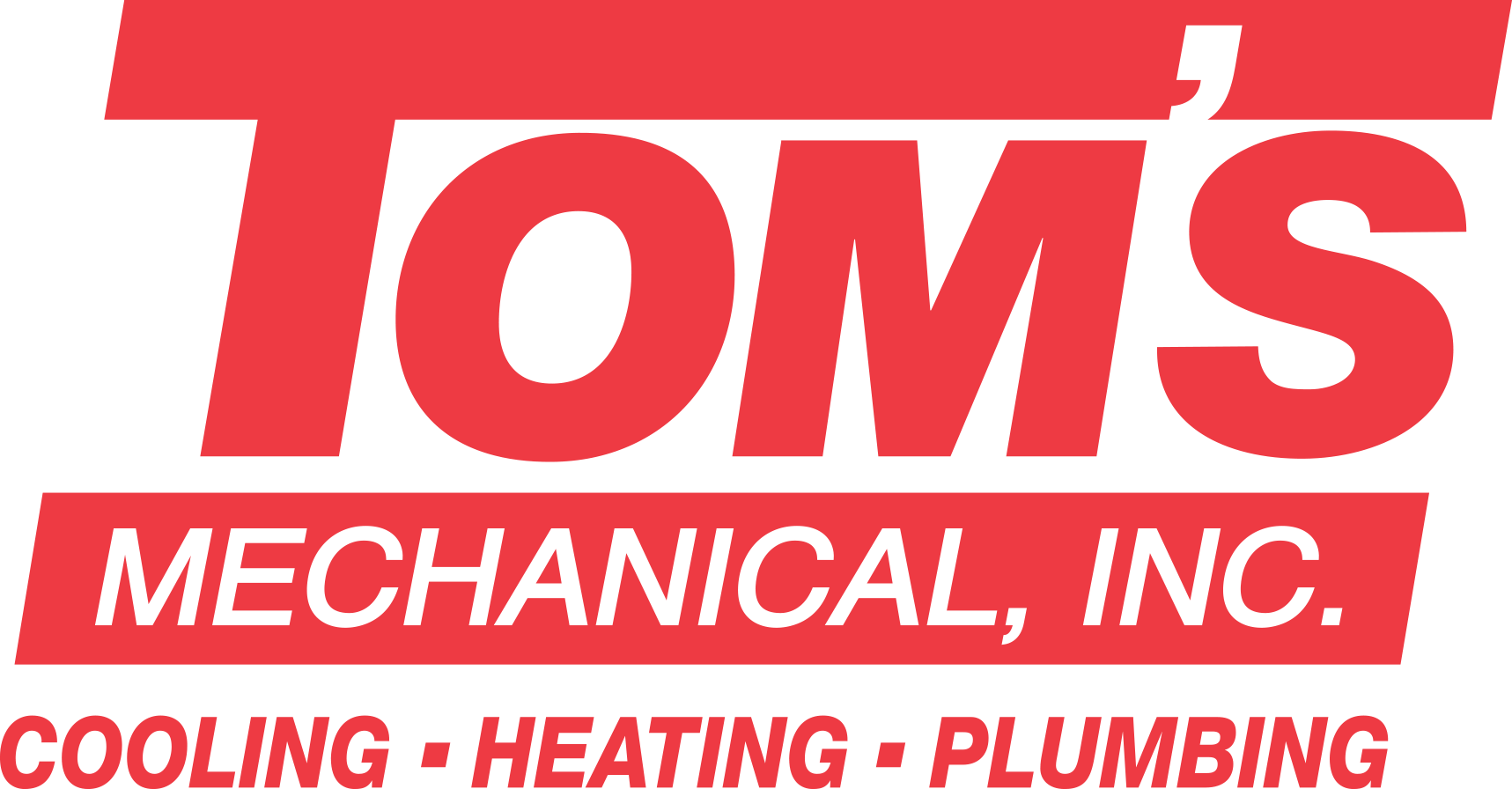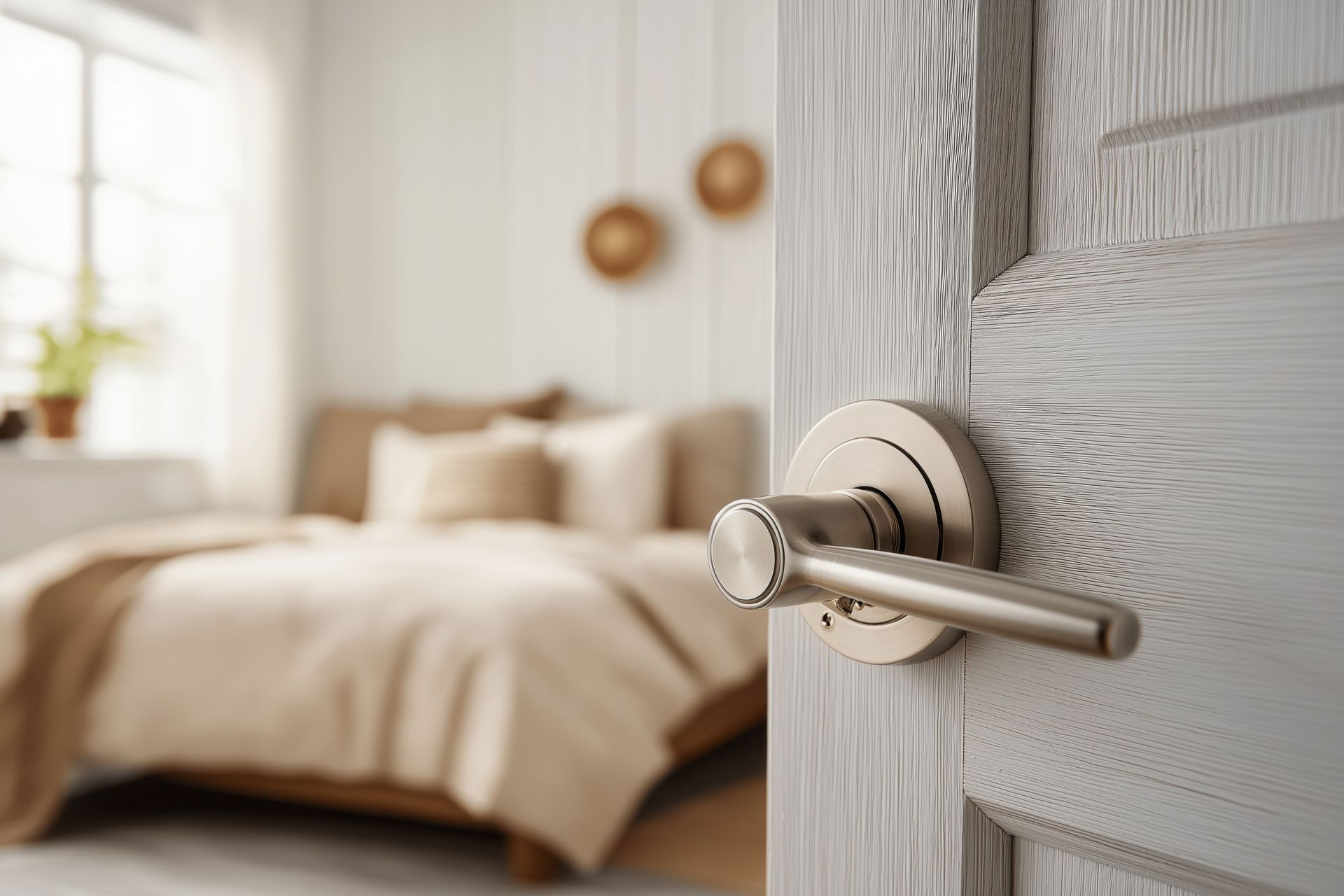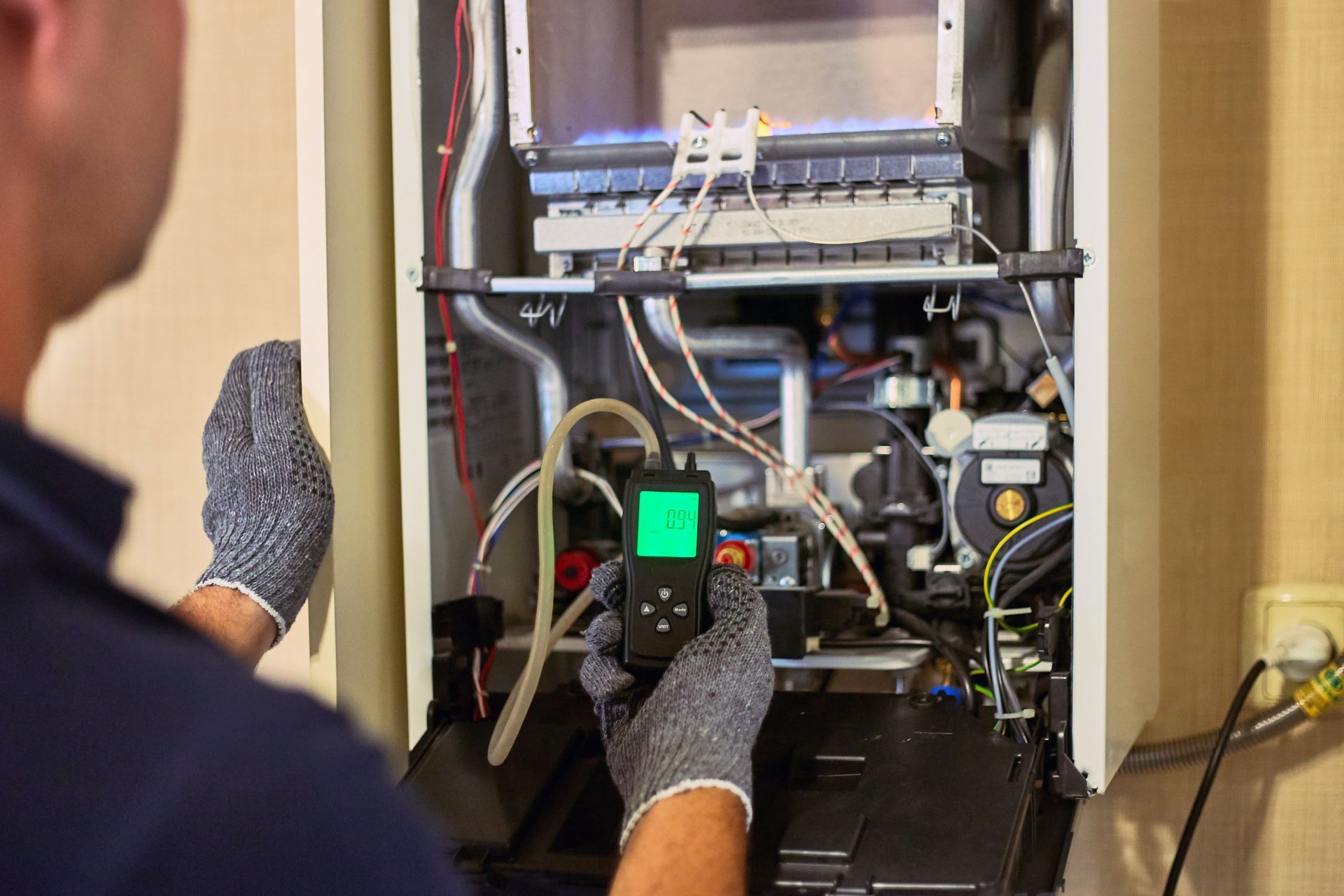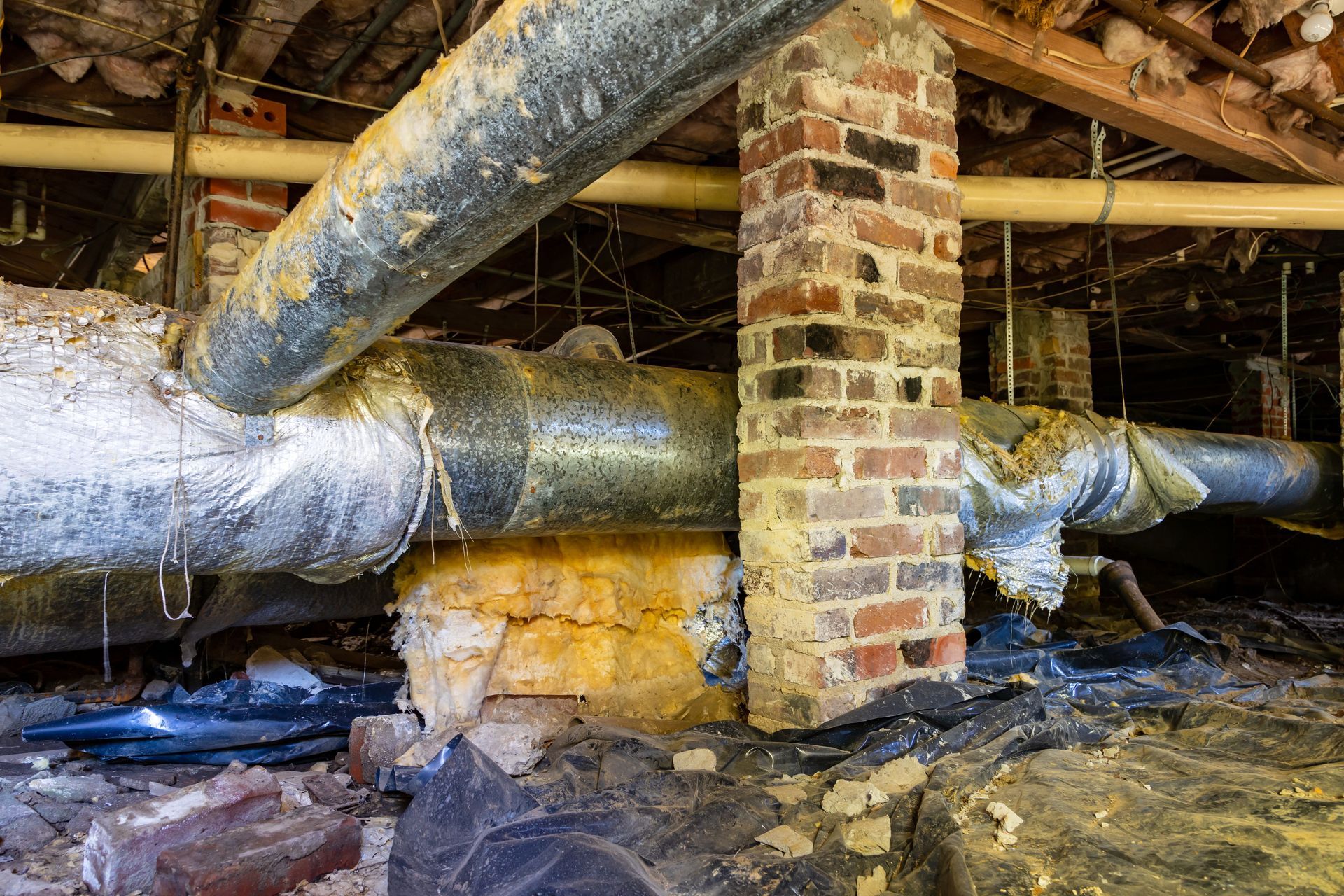Signs That It May Be Time to Replace Your AC Unit
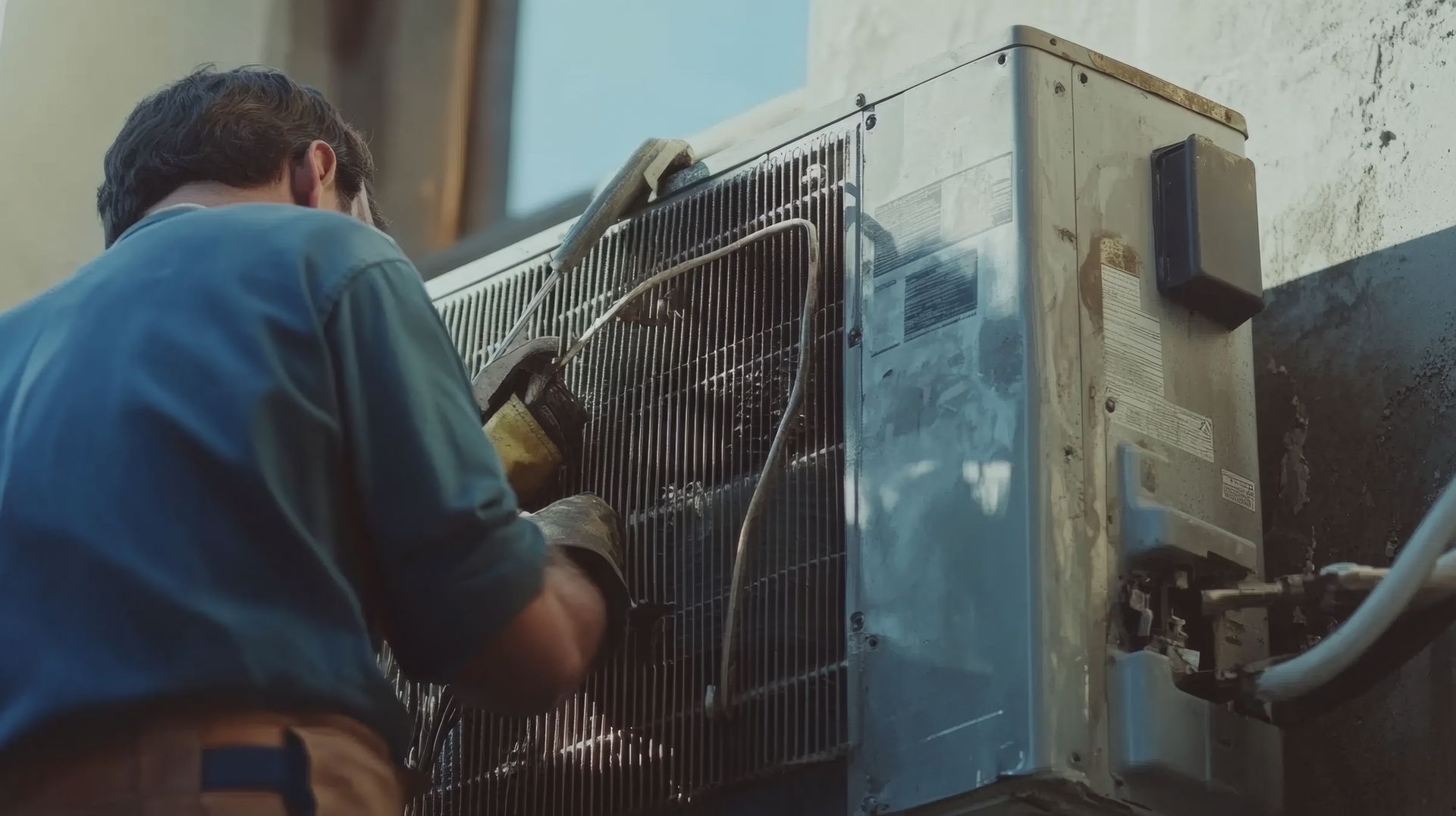
HVAC companies don’t have the best reputation when it comes to their service advice. An increasing number of service providers are transitioning their technicians from salaried positions to primarily commissioned. Homeowners understand the difference and are becoming increasingly suspicious of the advice they receive during their AC service calls.
How can you tell if the replacement or repair advice you’re getting is honest guidance or an aggressive sales pitch? Even without a lot of technical knowhow and tools, some easily observable indicators may help you make a more informed decision on AC repair or replacement.
Signs Your AC Might Need Replacement
Rising Energy Bills
If your cooling costs have crept up noticeably compared to previous summers without a change in your usage habits, it could be a sign that your air conditioner is gradually becoming less efficient. Older units have to work harder and run longer cycles to reach and maintain the same indoor temperature, burning through more electricity in the process.
Frequent Repairs
A service call here or there isn’t unusual, especially in extreme DFW temperatures. But if you’ve needed two or more significant repairs within the last two years, your AC may be nearing the end of its useful life. The cost of repairs, particularly those involving major component replacements, adds up quickly. At a certain point, it becomes more cost-effective to invest in a new system.
Uneven Cooling or Poor Airflow
If airflow in your home has gotten noticeably worse and nothing has changed with your ductwork, the issue likely lies with your AC system. Problems like a failing blower motor, weak compressor, or restricted cooling capacity can all lead to reduced airflow and uneven temperatures.
In some cases, airflow problems in a newer system may be repairable at a reasonable cost, but when combined with age or other performance issues, it may be time to consider replacement.
Age of the Unit
Most air conditioners have a lifespan of about 10 to 15 years. If your system is approaching or has passed the 12-year mark, replacement is likely to make more sense than continued repairs, especially when combined with other symptoms like rising bills or frequent breakdowns. Newer models are significantly more efficient, and the savings on your energy bills alone can help offset the cost of replacement over time.
Strange Noises Coming From Your AC
Homeowners who have listened to their AC cycle on and off for a decade or more are intimately familiar with how it sounds. That’s why unusual air conditioner noises are some of the most easily identified indicators that something is wrong.
Some noises can point to relatively minor problems, but others suggest major internal damage that could make replacement a better option than AC repair.
Banging or Clanking
Loud banging or clanking sounds often mean that a critical internal part, such as the compressor or blower motor, has become loose or broken. If the damage is to the compressor itself, repair costs are often high enough that replacing the entire unit may make more financial sense, especially for older systems.
Grinding or Scraping
Grinding noises typically indicate metal parts scraping against each other, often caused by worn-out bearings in the motor. If caught early, a motor replacement may be possible, but if left unchecked, it can cause extensive damage to other parts of the system, pushing the AC repair cost close to replacement territory.
High-Pitched Squealing
A squealing or screeching noise may point to issues with a belt or motor bearings. In some cases, these are relatively affordable air conditioner repairs. However, if a motor replacement is needed, and the system is already 10 years old or more, it’s often smarter to consider replacing the unit to avoid investing more money in a unit that is nearing the end of its useful life.
Buzzing or Humming
A constant buzzing or humming noise may seem less urgent, but it often signals electrical issues like a failing contactor, loose wiring or a failing motor. While some of these problems are inexpensive to fix, persistent buzzing from an older system can also suggest broader electrical decline, which may justify replacement when combined with performance problems like poor cooling output or increasing electricity bills.
Clicking That Doesn’t Stop
A clicking sound when the unit starts up or shuts down is normal. However, constant or repeated clicking from inside the outdoor condenser or indoor air handler could point to a failing relay or a faulty control board. If control system issues are widespread or happening alongside cooling problems, replacement may be a better path than AC repair.
Not Every Problem Means You Need a New System
HVAC companies can be a little melodramatic when it comes to the seriousness of problems. It’s true that units can reach an age where the projected extension of AC life doesn’t justify a big repair price tag. However, there are many AC issues that should not be a death sentence for your unit, especially if your system is less than 10 years old and otherwise in good condition.
Low Refrigerant Levels
A simple refrigerant recharge or repairing a small leak can often resolve cooling issues if caught early. The exception to this rule are systems that use outdated refrigerants like R-22. HVAC manufacturers stopped making R-22 AC units in 2010, meaning any system still using this refrigerant is past its prime and likely in need of replacement.
Clogged Drain Lines
Clogged drain lines can cause a drain pan to fill, causing the float switch to automatically shut off the AC. From a homeowner’s perspective, this can appear to be a major breakdown, when in fact the repair is fairly straightforward. Flushing the line is inexpensive and will get your system running again without the need for system replacement.
Electrical Issues
Sometimes a failed capacitor, relay or contactor is all that’s standing between you and a fully functioning AC. These components are relatively inexpensive to replace compared to major repairs or full air conditioner replacement.
Dirty Coils or Filters
A surprising number of performance issues trace back to something as simple as dirty evaporator or condenser coils or severely clogged filters. Regular maintenance, including coil cleaning and filter replacement, can dramatically improve cooling efficiency without major costs.
Minor Motor or Fan Repairs
If your fan motor, blower, or another isolated component fails, replacing the part is often much cheaper than replacing the whole unit, particularly if your system is still under warranty.
Get an Honest Assessment From Arlington AC Technicians Who Won’t Subject You to Aggressive Sales Tactics
Tom’s Mechanical has helped Arlington homeowners stay comfortable through the hottest Texas summers for over 60 years. Our experienced team can assess your system, explain your options and help you decide whether
repairing or
replacing your AC makes the most sense for your home and your budget.
Call Tom’s Mechanical at 817-277-4493 today. We’ll help you find the right solution to keep your home cool and your energy bills under control.
